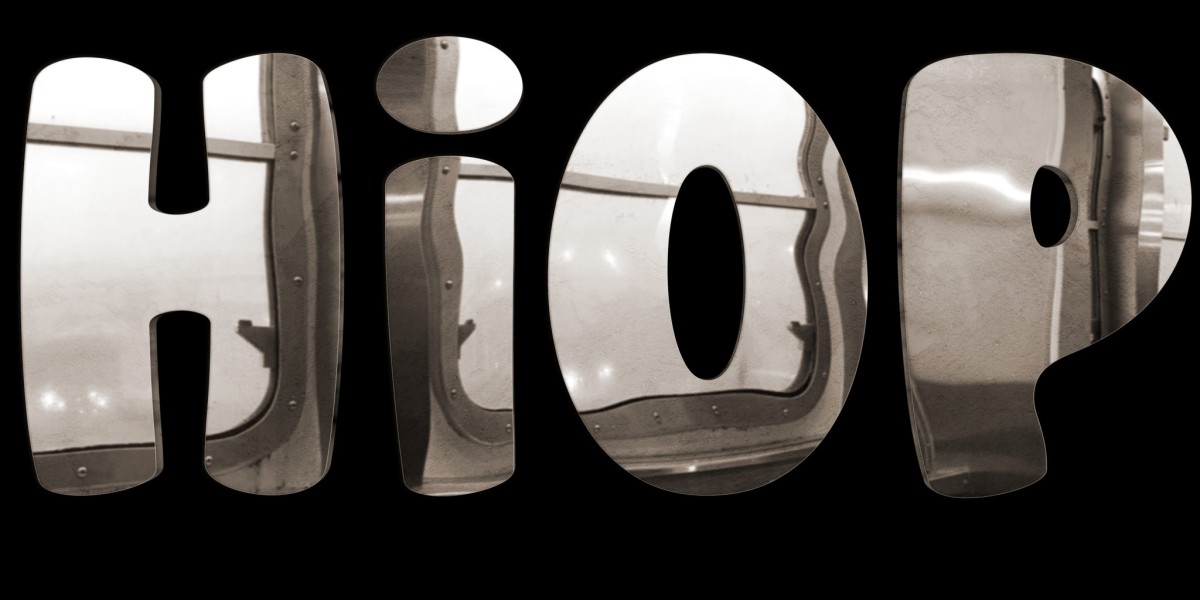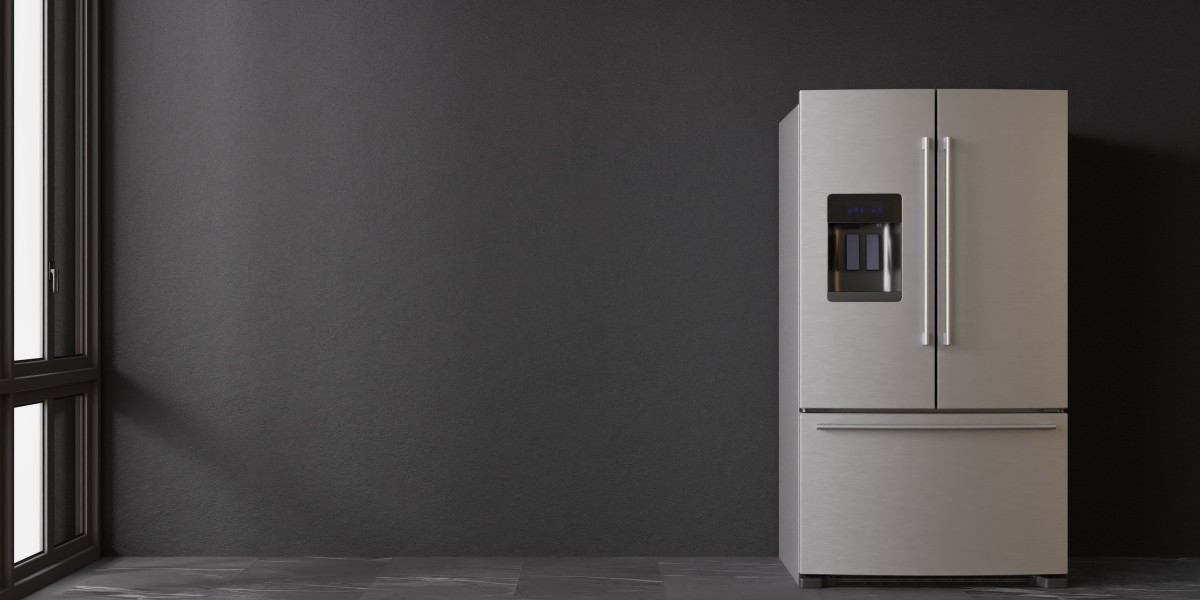Wine Tasting
What is the tasting process?
The tasting process in wine tasting involves several key steps that help evaluate and appreciate the complexities of wine. Here’s a breakdown of each stage:

1. Observation
Begin by inspecting the wine’s appearance. This consists of:
- Color: Observe the hue, which may present perception into the age and kind of the wine.
- Clarity: Look for any cloudiness or sediment.
- Viscosity: Swirl the wine and observe the legs that kind on the glass; thicker legs may indicate greater alcohol content material or sweetness.
2. Swirling
Gently swirl the wine within the glass to aerate it, which enhances its aromas. This motion encourages risky compounds to escape, enriching your sniffing expertise.
3. Smelling
Bring the glass to your nose and take a deep breath. Identify totally different aromas, which might vary from fruity, floral, spicy, to earthy. Think about:
- Intensity: How strong are the aromas?
- Complexity: Are there multiple layers of scents?
4. Tasting
Take a small sip of the wine and let it coat your palate. Focus on:
- Flavor: What flavors do you detect? Are they much like the aromas?
- Body: Is the wine gentle, medium, or full-bodied?
- Balance: Consider the connection between acidity, sweetness, tannins (in reds), and alcohol.
- Finish: Pay attention to the aftertaste; does it linger? What flavors remain?
5. Reflecting
Take a moment to understand the general experience. Consider how the wine makes you feel and whether or not you want to get pleasure from it again. Document your impressions if you’re tasting multiple wines!
Following these steps can enhance your wine-tasting experience, allowing you to understand the intricacies of various varieties and styles.
What is wine tasting session?
A wine tasting session is an organized event where people can pattern and evaluate numerous wines. It is a chance to discover different wine varieties, perceive their distinct flavors, and study about the wine-making process.
Key Components of a Wine Tasting Session
- Selection of Wines: A number of wines are chosen for the tasting, usually focusing on a selected area, grape selection, or style.
- Tasting Techniques: Participants are guided on the means to properly taste wine, which includes trying, smelling, and sipping to investigate the wine’s traits.
- Food Pairings: Some classes may embrace meals pairings, enhancing the tasting experience by demonstrating how certain meals complement particular wines.
- Expert Guidance: Typically, a sommelier or wine skilled leads the session, offering insights and answering questions about every wine.
Common Objectives of Wine Tasting
- To develop an appreciation for different wine types and flavors.
- To educate individuals about wine areas, grape varieties, and production methods.
- To identify personal preferences for wines.
- To foster social interaction among members by way of a shared experience.
Overall, a wine tasting session is each an educational and pleasant occasion, good for wine enthusiasts and novices alike.
Is wine tasting formal?
Wine tasting can range in formality relying on the setting and event. In some instances, it can be quite formal, happening in upscale environments where particular protocols are followed. This may embody guided tastings led by sommeliers, with a give consideration to the wine's traits and pairing suggestions.
On the other hand, wine tasting can also be an informal expertise, similar to at festivals, casual gatherings, 역삼오피 or house tastings with friends. In these situations, the emphasis is commonly more on enjoyment and exploration somewhat than strict guidelines.
Formal Wine Tasting
In a formal wine tasting, individuals might dress up, adhere to a schedule, and take part in structured evaluations of different wines. The use of particular terminology and the presence of a facilitator is common. Tasting notes may be taken, and food pairings are often included to enhance the expertise.
Casual Wine Tasting
Conversely, casual wine tasting allows for more flexibility. Participants might merely pour and sip without any predefined structure or guidelines. Discussions may be informal, specializing in private preferences and experiences rather than technical details.
Ultimately, whether a wine tasting is formal or informal can depend upon the context and the preferences of these involved.








